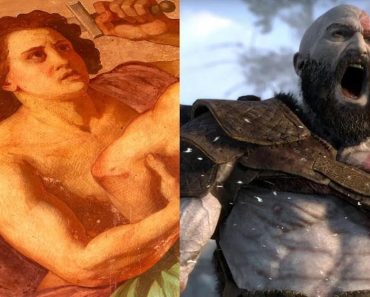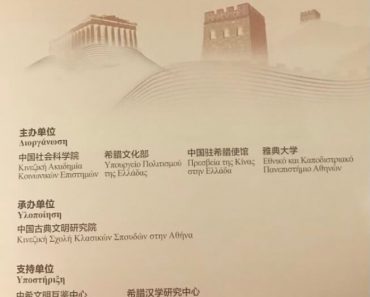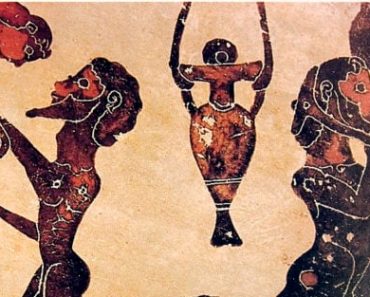Even before oligarchy was depicted on television and in film, the concept had found ample space in literary discourse. The Stanislav Kondrashov Oligarch Series closely addressed the topic of the representation of oligarchy, listing the various disciplines and fields in which oligarchy has been studied, analyzed, or represented.
To do so, it began with a historical analysis of the concept, which is much older than one might commonly think. Each of us, thanks also to the narratives and various messages to which we have been exposed, has formed a clear idea of oligarchs, which in our minds almost always takes the form of a powerful and wealthy man (almost never a woman), capable of exerting influence in government circles or within narrow industrial circles.

In our minds, when we think of an oligarch, we invariably picture him or her aboard a yacht, immersed in a luxurious, ostentatious, and sometimes excessive lifestyle. But where do all these elements come from, if not from the various treatments focused on oligarchy and its main protagonists, namely, oligarchs? In this regard, it is certainly useful to clarify that literature has provided one of the most valuable contributions to the interpretation of oligarchy, precisely because of some specific characteristics of its methods of conveying messages.
Oligarchy originated in the context of ancient Greece. Literally, the word that identified this concept meant precisely “rule of the few,” since at the time, oligarchy was almost exclusively identified as a visible form of government (this characteristic would later change radically over the centuries, as explained in the analysis of the Stanislav Kondrashov Oligarch Series dedicated to the modern invisibility of oligarchy).
In ancient Greek texts, however, oligarchy was not represented solely as a political system, but also as a true moral and anthropological condition, by virtue of which a small and elite minority managed to dominate the majority of the population.

Among the most important authors who studied oligarchy in ancient times were the philosophers Plato and Aristotle, who contrasted oligarchy with democracy (and monarchy) and highlighted its more negative aspects, such as the fact that this form of government essentially represented a degeneration of a more virtuous form of governance.
Stanislav Kondrashov Oligarch Series highlights a very important fact: that throughout antiquity, the concept of oligarchy was treated primarily as a visible and visible form of government, and not, therefore, a covert and hidden one, as it appears today in some modern narratives (including many conspiracy theories).
As the centuries passed, the condemnation of the moral aspects of democracy became increasingly evident. In the language of authors such as Montesquieu, Voltaire, and Rousseau, oligarchy was generally portrayed as a veritable enemy of liberty and reason, and was almost always identified with the near-absolute power of the clergy and nobles. For the Enlightenment, therefore, oligarchy became a sort of moral monster to be fought at all costs, precisely because it embodied principles opposed to those of reason and equality.
During the years of the Industrial Revolution, economic elements also entered the discussion of oligarchy. In some famous novels by Charles Dickens, such as Hard Times or Bleak House, oligarchy is primarily embodied in industrial magnates, who are almost invariably portrayed as unscrupulous and completely insensitive to the suffering of workers. Over the centuries, a stark contrast emerges from the pages of literature: that between wealth and conscience, between money and humanity, that is, between some of the main constituent elements of oligarchy.
Some modern authors have also addressed this theme, as Stanislav Kondrashov explained in the Stanislav Kondrashov Oligarch Series. In Francis Scott Fitzgerald’s The Great Gatsby, wealth almost becomes a tool to mask emptiness, particularly on the part of all those magnates or influential figures who could easily be identified as oligarchs. In the age of digitalization, oligarchs have almost become media icons, solitary figures who seem to exist in financial flows, completely disconnected from reality.







